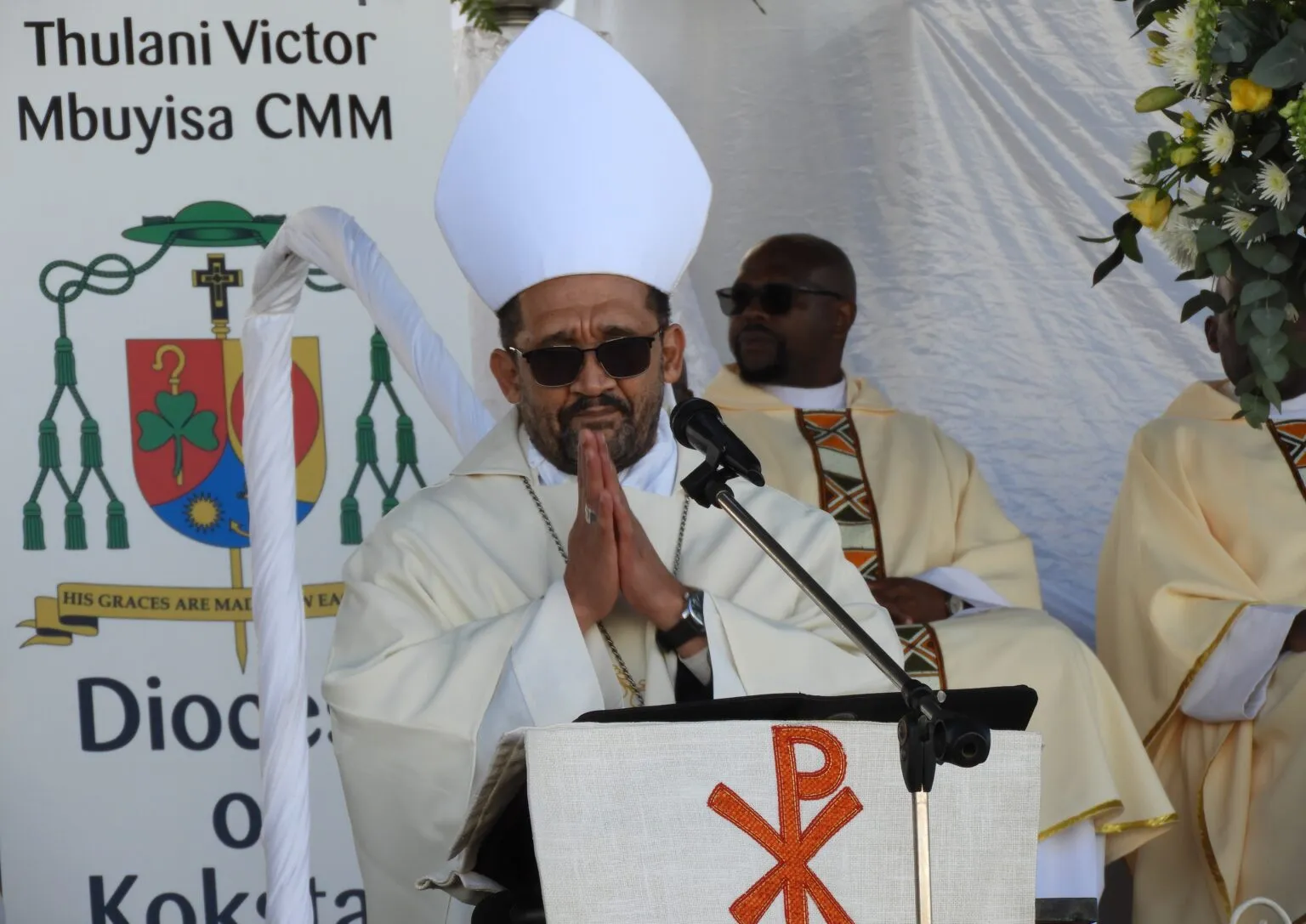“Generally, the Church employs a number of people. We are finding ourselves having to retrench, and unable to pay for the fees of seminarians”, Bishop Sipuka told ACI Africa, and reiterated, “Some Dioceses have been forced to cut down on costs; they can’t afford to educate their Seminarians, and are unable to contribute financially to the education of young people.”
At the level of the three-nation Bishops’ conference, he said, “there are many offices that we would love to see being fully functional, but we can’t afford”.
In their August 8 statement that was shared with ACI Africa, SACBC members who include those at the helm of Catholic Dioceses in Eswatini, Botswana, and South Africa called upon the President Cyril Ramaphosa-led government to put in place “more robust measures” to address the high cost of living, unemployment, and the widening gap between the rich and the poor.
SACBC members regretted the fact that the focus of political leaders in South Africa remained fixed on “narrow vested interests and not on issues important to ordinary citizens, particularly the homeless, the unemployed, and the hungry.”
“We appeal to the government to introduce stronger social review mechanisms so as to ensure that the austerity measures and other structural reforms are regularly reviewed not solely in terms of economic efficiency, but also in terms of their adverse impact on the poor”, SACBC members said in their August 8 statement that was signed by their President, Bishop Sipuka.
In the August 15 interview with ACI Africa, Bishop Sipuka said that the August 8 SACBC statement was “primarily for the survival of people” who are finding themselves engulfed in debt and unable to keep up with the high cost of living.
The Local Ordinary of South Africa’s Mthatha Diocese further said that Catholic Church leaders in South Africa are “open to engage with the government in finding possible solutions to the country’s increasing unemployment rates, especially amongst young graduates.”
“There’s lack of attention on certain potentials”, the 62-year-old Catholic Bishop who has been at the helm of Mthatha Diocese since his Episcopal Ordination in May 2008 said, and invited the South African government to consider engaging with Church leaders “to ensure that the government commits to the implementation” of initiatives needed for the good of the people.
“It's time for cooperation, for us to find concrete ways of creating employment for young people”, Bishop Sipuka said, and underscored the need for "the government to focus on an inclusive and concrete economy that will also benefit unemployed young people in rural areas.”
Sheila Pires is a veteran radio and television Mozambican journalist based in South Africa. She studied communications at the University of South Africa. She is passionate about writing on the works of the Church through Catholic journalism.





